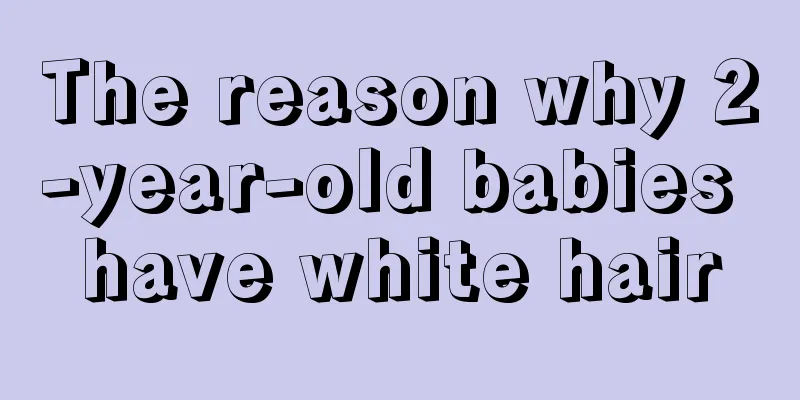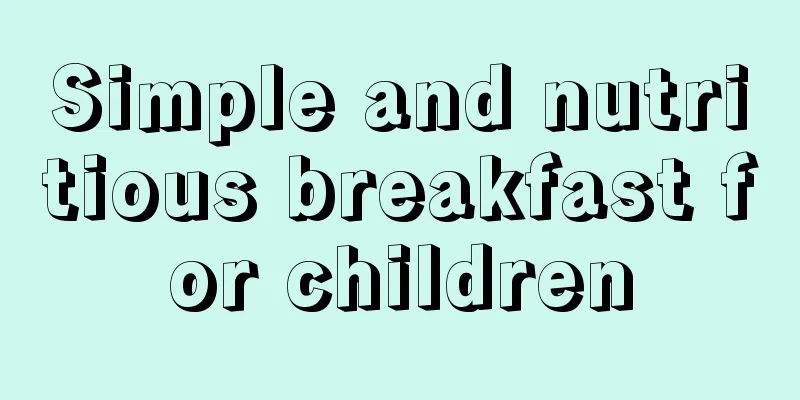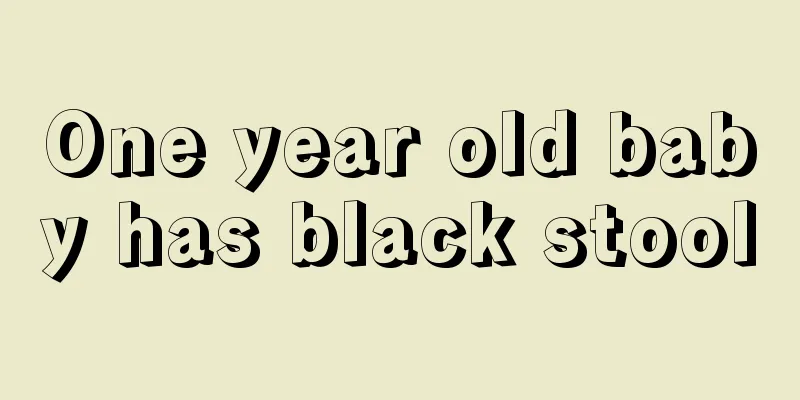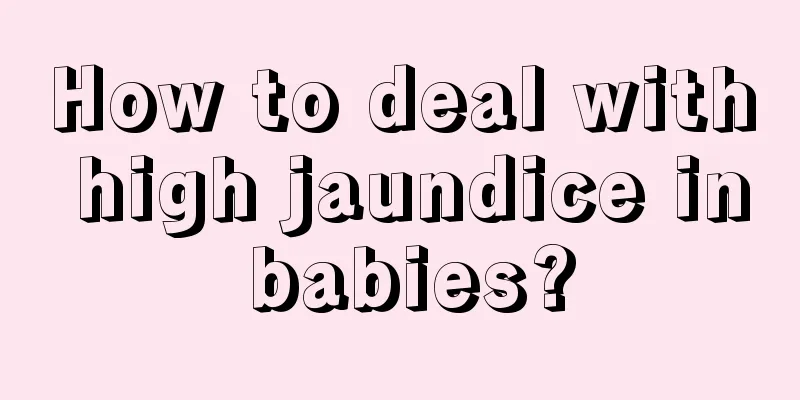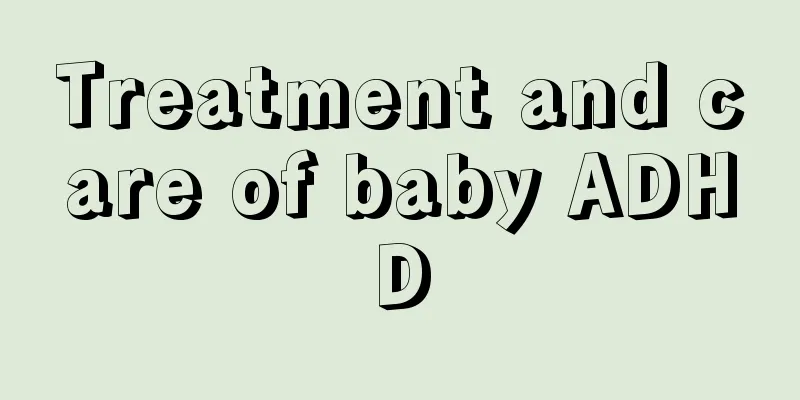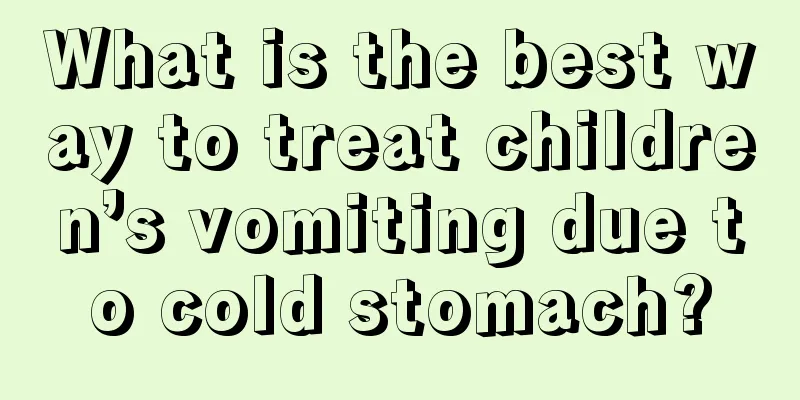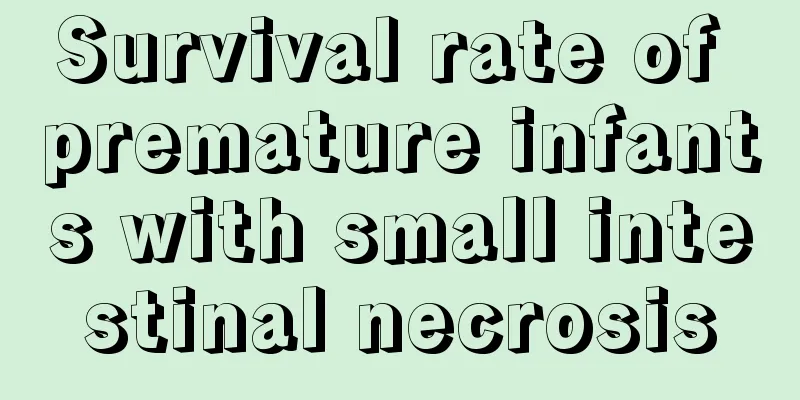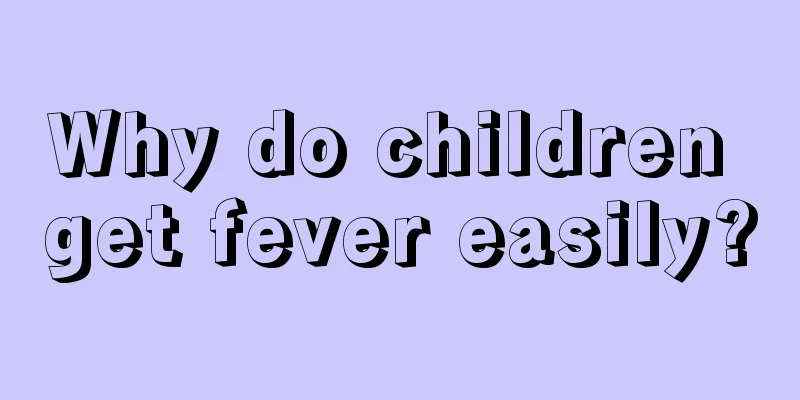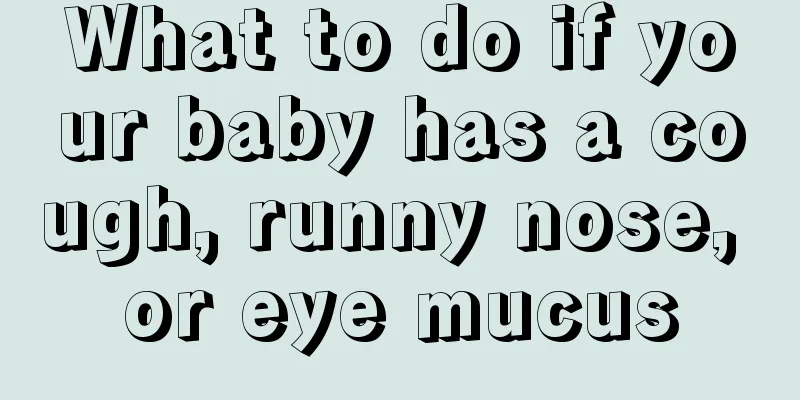What to do if your child doesn't brush his teeth
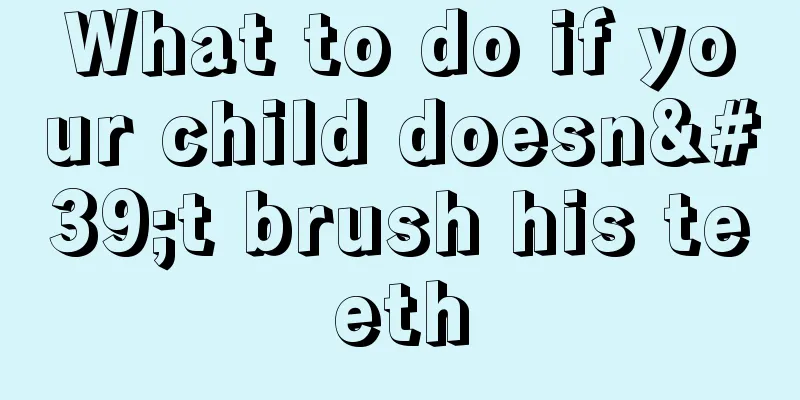
|
When babies are young, there are some things they don’t like to do, such as taking medicine. It can be said that feeding babies medicine is a big problem that every parent has encountered; washing their hair, some babies cry and make a fuss when it is time to wash their hair, and keep kicking their legs. Finally, brush your teeth. Babies don’t like brushing their teeth, maybe they think the toothbrush is uncomfortable or the toothpaste tastes bad. What to do if your baby refuses to brush his teeth? Babies should brush their teeth from the time they start to grow teeth, but many mothers will find that their babies don’t like to brush their teeth and are very resistant. They will act like a spoiled brat when they hear about brushing their teeth. Even though mom and dad have explained a lot of reasons to them, it is of no avail, which gives parents a headache. So how can we cultivate the good habit of brushing teeth in babies from an early age?Cultivate your baby's toothbrushing habit as early as possible. From the moment the baby's first deciduous tooth erupts, parents should wrap their index finger with clean gauze and dip it in clean water to clean the baby's mouth, washing away the gums, milk lumps in the mouth, and other food attachments. Keep scrubbing every day until the baby is about 2 and a half years old. Let your baby learn to rinse his mouth first. Before your baby learns to use a toothbrush, you can let him learn to rinse his mouth first. Rinsing the mouth can rinse out some food residues in the mouth and is one of the simple and easy ways to keep the mouth clean. You can show it to your baby first and let him or her master it gradually. It is suitable for babies to rinse their mouths with clean water or light salt water. Starting from the age of 2 and a half, parents should use a special toothbrush for their baby and teach him the correct way to brush his teeth. Do it twice a day, morning and evening, with patient guidance, and after the age of 3, your baby will be able to brush his teeth independently.Tell a story. Parents can make up some short stories about protecting teeth to increase the baby's interest in brushing teeth and let the baby gradually develop the habit of brushing teeth actively. Parent role model. In order to enhance the baby's interest, hold a teeth-brushing competition every morning and before going to bed at night to see who brushes the most actively, seriously and thoroughly. There can be rewards or praise. "role play". Parents can dress up as caries patients and perform vividly to make it easier for babies to accept the importance of caring for their teeth. After the age of 2, the baby will have 20 deciduous teeth and can be trained to brush his teeth. Your baby may make a mess when brushing his teeth, but being able to do it himself will still make him interested in brushing his teeth.The total length of a baby's toothbrush should be 12-13 cm, the length of the toothbrush head should be 1.6-1.8 cm, the width should not exceed 0.8 cm, and the height should be less than 0.9 cm. The toothbrush handle should be straight and of moderate thickness so that the baby can hold it fully. The bristles of a toothbrush should be of moderate hardness and elasticity, with a flat or wavy surface and a rounded tip. A toothbrush with hard bristles will hurt your baby's gums. Only use a pea-sized amount of toothpaste, and don't fill the toothbrush, as this will easily cause the toothpaste to remain, which is not good for your baby's teeth. Guide your baby to brush his teeth vertically. After brushing, rinse your mouth with clean water several times and spit out all the toothpaste foam. Generally, babies will not swallow the toothpaste foam when brushing their teeth, so it doesn’t matter even if they eat a little. Tell your baby the correct way to brush his teeth and rinse his mouth next time, and just rinse it a few more times. |
<<: How old can babies brush their teeth?
>>: What to do if a girl's private parts itch
Recommend
Five taboos for breastfeeding premature babies
A premature baby refers to a baby who is born bef...
Parents should pay attention to the symptoms of asthma in children
If a child develops asthma, parents must pay atte...
What should be checked when a child has a fever in the blood test?
Children are generally more prone to health probl...
What to do if your child has a fever or inflammation
It is very common for children to have a fever du...
What to do if your two-year-old baby has a runny nose
The baby's physical health is what we need to...
Baby's lower eyelid is dark
Babies are a group of people with special physica...
Will roseola infantum cause diarrhea?
Roseola infantum is also commonly known as roseol...
What medicine should children take after fever and cough
Since children have weaker immunity than adults, ...
What to do if your child has cavities
Nowadays, many children have cavities at a young ...
Why do children have cold sweats and cold hands and feet?
Children's physical constitutions are obvious...
How much milk does an eight-month-old baby drink?
During the baby's physical growth process, th...
White bumps on baby's gums
Babies are a treasure in the hearts of their pare...
Treatment of pharyngitis and tonsillitis in children
Pharyngitis and tonsillitis are two different dis...
How to cure dysentery in children the fastest
Nowadays, both adults and children have a higher ...
Baby has diarrhea and low fever
Every change in the baby after birth is watched b...
